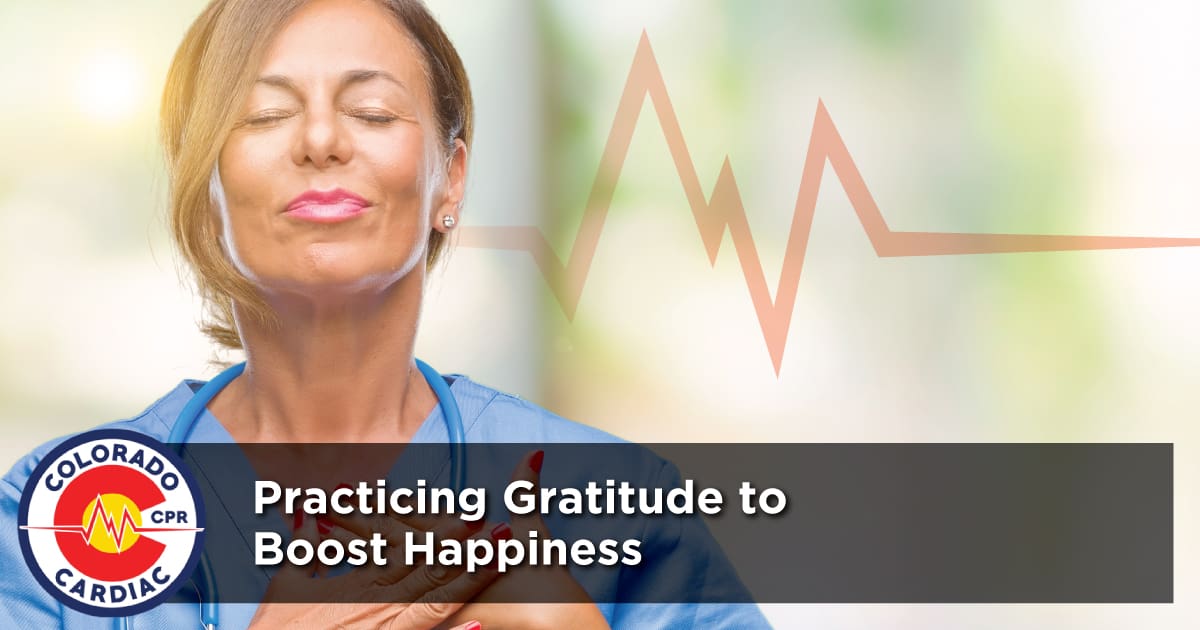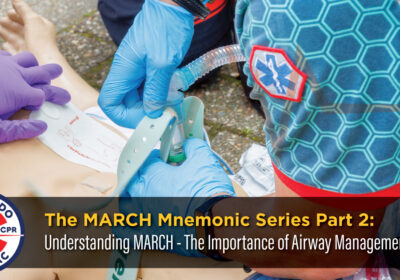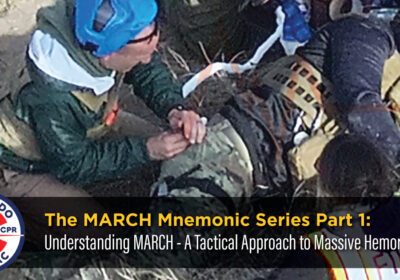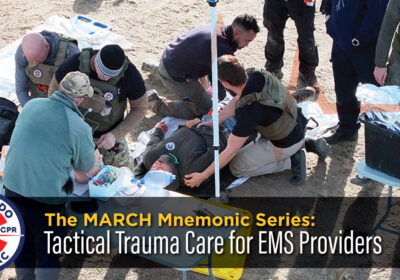Practicing Gratitude to Boost Happiness

NEWS YOU CAN USE:
The word gratitude is derived from the Latin word gratia, which means grace, graciousness, or gratefulness (depending on the context). In some ways, gratitude encompasses all of these meanings. Gratitude is a thankful appreciation for what an individual receives, whether tangible or intangible. With gratitude, people acknowledge the goodness in their lives. In the process, people usually recognize that the source of that goodness lies at least partially outside themselves. As a result, being grateful also helps people connect to something larger than themselves as individuals — whether to other people, nature, or a higher power. Gratitude helps people feel more positive emotions, relish good experiences, improve their health, deal with adversity, and build strong relationships. People feel and express gratitude in multiple ways. They can apply it to the past (retrieving positive memories and being thankful for elements of childhood or past blessings), the present (not taking good fortune for granted as it comes), and the future (maintaining a hopeful and optimistic attitude). Regardless of the inherent or current level of someone’s gratitude, it’s a quality that individuals can successfully cultivate further.
What you can do:
Here are some ways to cultivate gratitude on a regular basis.
- Write a thank-you note
- Thank someone mentally
- Keep a gratitude journal
- Count your blessings
- Pray
- Meditate
- Giving back and giving a voice
- Donate blood
Why practicing gratitude is healthy:
- Promotes the savoring of positive life experiences
- Bolsters self-worth and self-esteem
- Helps people cope with stress and trauma
- Encourages moral behavior
- Helps build and nourish social bonds
- Inhibits comparisons with others
- Ability to deal with negative emotions
- Promises positive experiences
- Improves relationships
Gratitude is one of the keys to happiness. Happiness can seem illusive sometimes, especially during hard times. But there’s a surprisingly accessible pathway to contentment, joy and positivity: gratitude. Studies demonstrate gratitude is associated with all kinds of goodies like life satisfaction, health, wellbeing and happiness. But in addition to your genes, your choices and actions also matter to your happiness and wellbeing. You can cultivate gratitude and happiness by consciously focusing on being appreciative for what you have. In addition, the more you express gratitude—through reminding yourself of all you can appreciate, by writing down what you’re grateful for or by sharing your thanks with someone else—the more happiness you’ll feel. Gratitude contributes to more gratitude and greater happiness.
COACHING YOURSELF in TOUGH SITUATIONS:
Assuming control: When unexpected change hits, act on the controllable but remind yourself that control may not be attainable. Focus on what is under your control. You may not be able to control the situation, but you can control your perception and reaction to the situation.
ACT OF KINDNESS:
How will you show up today being kind to your patients and colleagues? Kind to the world? Kind to yourself?
SELF LOVE:
Creating joy for others results in joy for yourself
ADDITIONAL INFORMATION:
- For American Heart Association BLS -CPR, First Aid, PALS certification training contact our office at 720.639.2623 or www.3cpr.org
- For Mental Health First Aid certification or mental health workplace workshops contact: Roxanne at Rox@3cpr.org
- For tailored Health and Wellness Lunch -n-Learns or presentations contact: Roxanne at Rox@3cpr.org
- When enrolling for a CPR, First Aid or PALS class, use the promo code “3CPRBLOG” for a 15% discount on most of our classes!
BLOG WRITTEN BY:
Sophie Mabry, M.A.,
ACSM Exercise Physiologist, EIM II, Certified Health and Wellness Coach, Sports Nutritionist, Mental Health First Aid Responder, BLS CPR and First Aid Instructor, former EMS professional.
REFERENCES:
- American College of Sports Medicine
- Nancy Markow – Enneagram Instructor
- Wellcoaches
Related Posts

Understanding MARCH – The Importance of Airway Management
From the MARCH Mnemonic Series – Tactical Trauma Care for EMS ProvidersFollowing the control of…

Understanding MARCH – A Tactical Approach to Massive Hemorrhage
In prehospital medicine, chaos is a constant. Whether in combat zones, tactical operations, or austere…

The MARCH Mnemonic Series – Tactical Trauma Care for EMS Providers
When seconds count and conditions are unpredictable, the MARCH mnemonic. provides a clear, evidence-based sequence…
